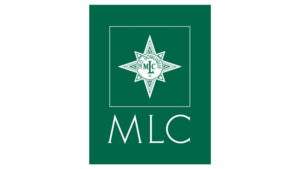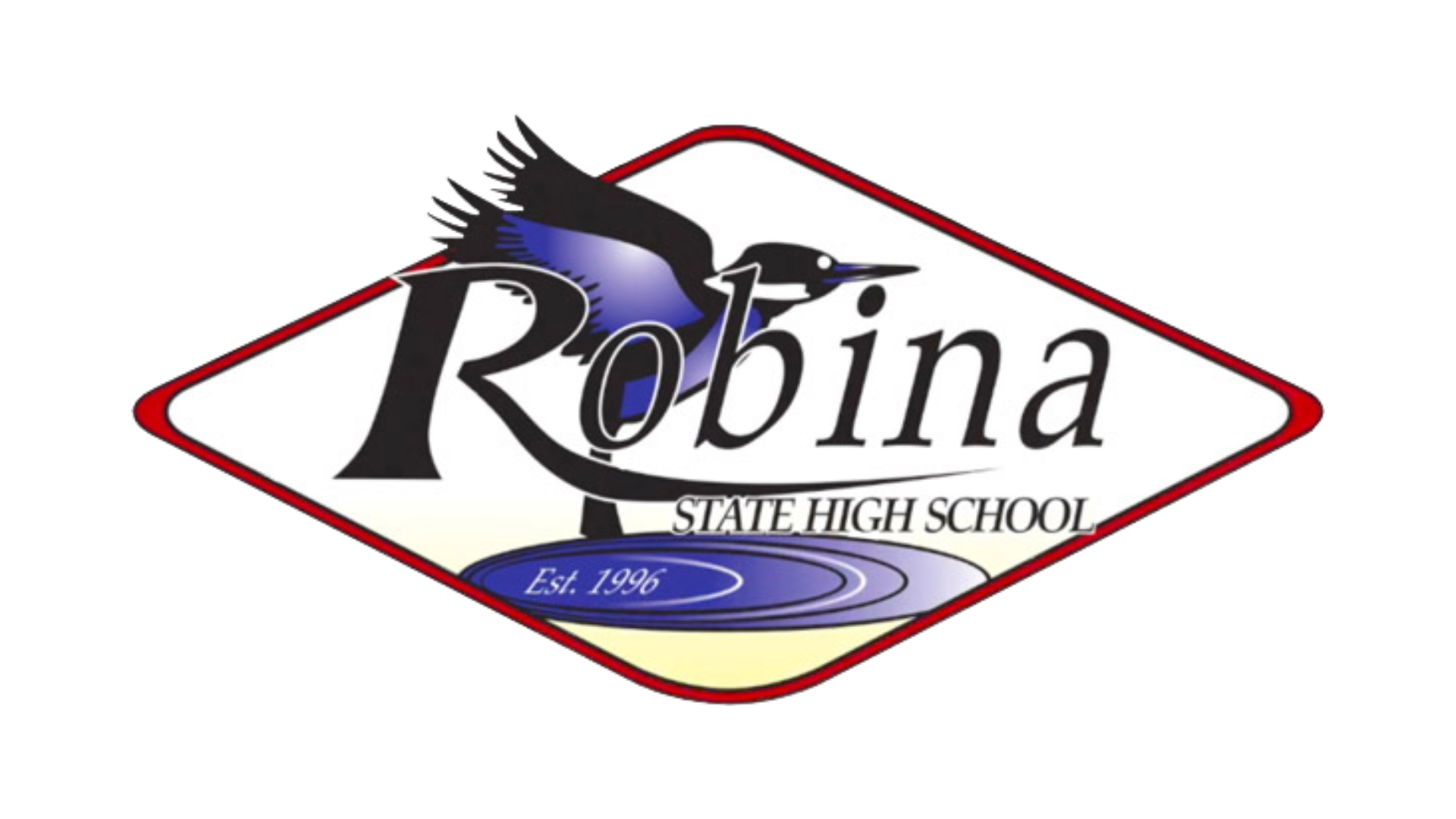How Our Transformative Tutoring Program Enhances
Science, Humanities & Other Subjects

OUR TRANSFORMATION PROGRAM DRIVES CHANGE IN YOUR CHILD BY BUILDING THEIR ENGLISH & MATHS FOUNDATION
We improve your child's confidence, motivation, and grades in just 6 months.
Our 6-month Transformation Program is a game-changing transformative tutoring program unlike any other and is transforming students across Australia. Our program takes a holistic approach, boosting confidence and motivation, backed by research-based methods and educational psychology principles. We're not just about improving grades; we're committed to transforming lives and nurturing well-rounded, confident learners ready to tackle the challenges of the modern academic landscape.
We've made a strategic shift to concentrate solely on English and Maths, recognising their pivotal roles as the foundation of all academic subjects. We firmly believe that by enhancing students' comprehension, analysis, and communication skills through English and reinforcing their mathematical principles and problem-solving abilities, we empower them to excel in any subject.
Join us in unlocking your child's boundless potential across all subjects!
IN JUST 6 MONTHS, YOU AND YOUR CHILD WILL EXPERIENCE

Confidence

Motivation
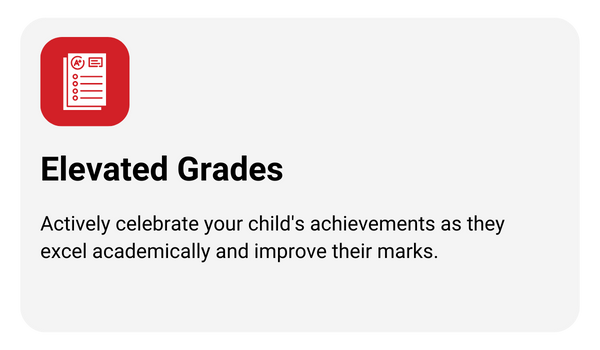
Grades
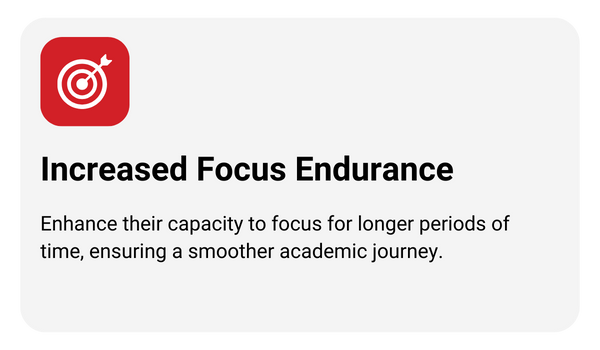
Focus

Skills

Support
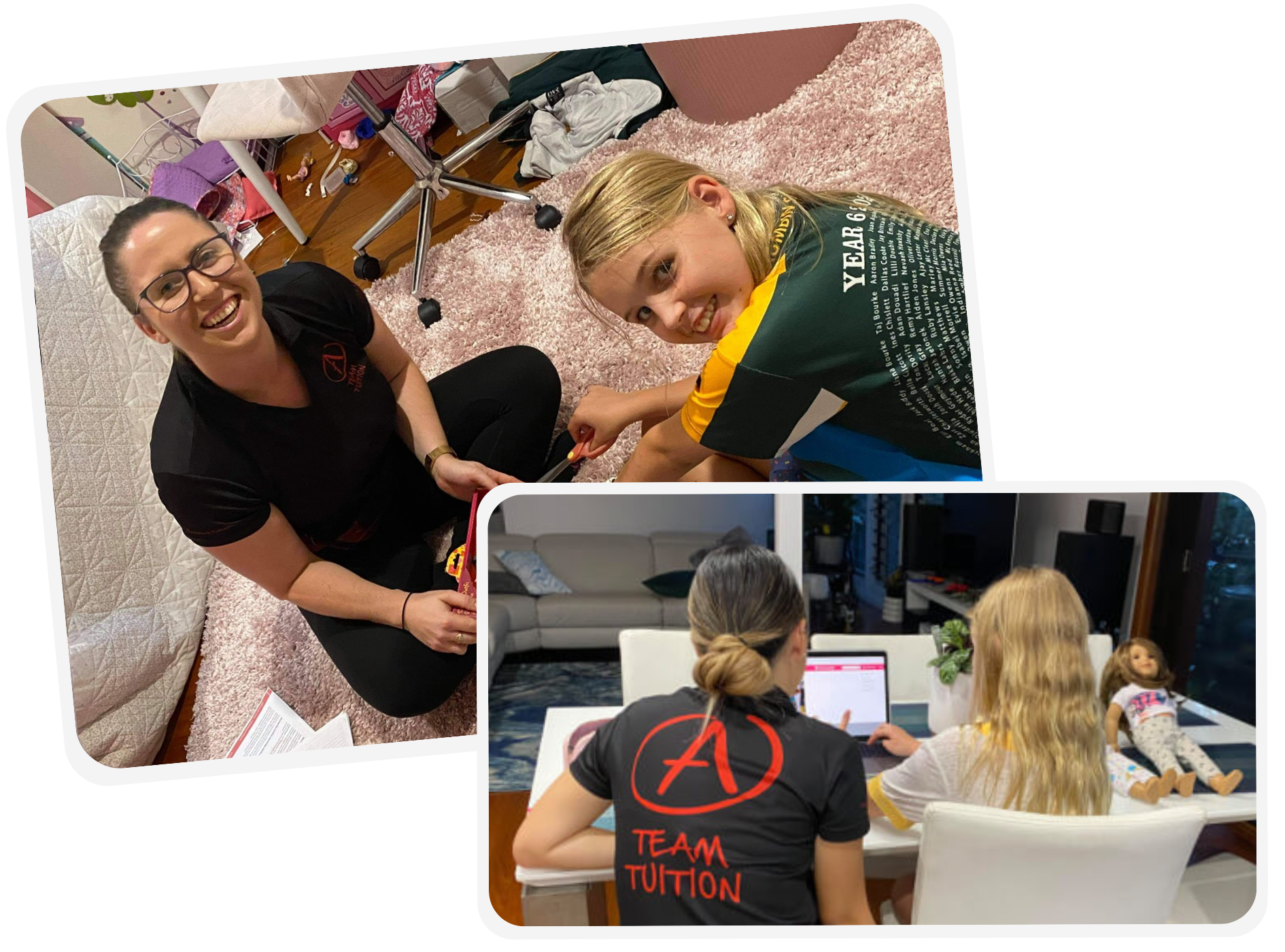
OUR METHOD
Transform Your Child's Mindset
Teach Your Child the Strategies and Skills to Becoming a Successful Student
Mentor and Guide Them to Improve Confidence, Motivation, and Grades
Ongoing Support For Your Family
THIS IS WHY WE DO WHAT WE DO
I share my deep gratitude to your team. Our son Hudson is flourishing! His step is lighter, he laughs, and his confidence within himself is growing. This is all because of Mitch! Mitch has built a safe learning relationship and Hudson is thriving! Thank you!
Hudson thinks Mitch is a Legend! We are so grateful to Mitch, your team and so happy for Hudson.
“Archie’s tutor, Amber, was well organised, communicated clearly and took the time to get to know Archie through the session. Arch is looking forward to his next session with Amber.”
“Thank you so much for matching our new tutor, Maina, with Harvey. Their first tutoring session was an absolute success. Harvey was really happy and is very excited about the future and what he is going to achieve now at school with Maina as his tutor. Once again thank you so much we could not be happier.”
A Team came to me and in just less than a term working with them I received an A for maths (the subject I struggled most with!) I definitely recommend A Team Tuition, this great, supportive team will help you succeed!
“Our APT has improved Jasmine’s confidence, motivation, grades and so much more! They have developed such a strong bond and get along so good. Our APT has helped Jasmine develop the ability to study on her own and how to set up a dedicated study space and even recently helped her get a 95% on her Science test.
Whenever I remind her to come straight home for her sessions she responds with an excited ‘Awesome!’ that isn’t sarcastic. We are really happy!”
“I am very happy with how the sessions are going. Avalon was sitting on a D to C and just received a B- in Math! Her teacher marked improvement with both maths and confidence. Our tutor, Andrew, takes the time to discuss and draw out of Avalon what she understands and also struggles with. He is very patient and takes time to repeat things. She loves how he gets her to repeat back what he is teaching her to ensure she understands, as she normally is too shy to say. He has great communication skills and he somehow gets through to her as she is difficult to read. All round a lovely young man.”
Lydia has been a wonderful tutor for Felix. She has a great manner and is excellent at teaching content across a number of subjects. She has also been a supportive coach and mentor to Felix, helping with exam techniques and building confidence. She always brings positivity, encouragement and good humour. We feel really lucky to have had her support and know she has made an enormous difference to how years 11 and 12 have felt and the results that he has achieved.
I’m so happy to chat with you about Charlie and Zack’s sessions. Zack has been fantastic. Charlie is getting a lot out of each session and most importantly his confidence is growing, which was my main reason for seeking out tutoring after being so unwell last term and missing more than half a term of schooling. Zack really connects with Charlie and supports him in his learning, confidence and planning ahead. I will definitely be continuing with Zack for the rest of this year and next year! He really is a great fit for Charlie.
“Lola is doing Maths Methods this year. She has gone from a C- average in Year 10 to an A+ average so far in Year 11. She is definitely working harder but her APT has helped immensely in restoring her confidence!”
Before Belle’s first tutoring session she was a little anxious and kept asking me “what will I ask her?”….”what will she do?”. After their first session, Belle is upbeat, positive, calmer and feels Jessica is a perfect match for her saying, “she’s just like me”. Thank you so much for making the effort to match tutors based on personalities; it makes all the difference.
The only tutoring company in Australia with official school partnerships

The Now Effect















